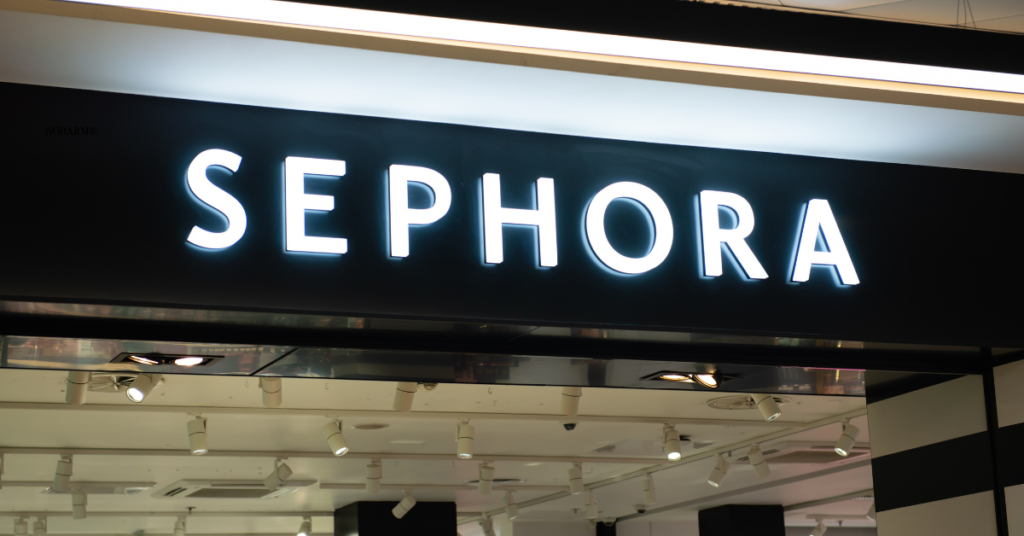When it comes to clean beauty brands, Typology embodies what many consumers look for: vegan, ethical, transparent about ingredients, and committed to eco-friendly packaging. And, of course, it’s French, which adds to the allure in the world of beauty. There’s a certain “French skincare halo” effect that many associate with quality, and while this isn’t a criticism, it does reflect the broader dynamics of the beauty industry.
Founded by Ning Li, Typology is currently in the spotlight, with news coverage amplifying its presence. For example, the New York Post recently mentioned that the brand has created quite a “stir” online. With $10 million in funding, it’s understandable that Typology is getting significant media attention.
There is however more to the story than just great products. Typology’s viral rise on TikTok raises an interesting question: how much of its success is driven by its product quality, and how much is due to its connection to influential figures in the digital world? One such figure is French billionaire Xavier Niel, who is one of the financial backers of Typology. Niel, described by Wired magazine as the original French internet mogul, is also a board member of ByteDance, the parent company of TikTok. Neil is quoted as stating, “I don’t want my kids relying on US algorithms,” and has expressed a desire to see a shift in the digital landscape, where European bias plays a more prominent role.
This raises a fascinating point about the intersection of the beauty business and AI technology. Are TikTok’s algorithms inadvertently favoring brands with ties to influential figures like Niel, or is Typology simply benefiting from the organic growth that social media can provide?
This is an important consideration, especially when it comes to the beauty industry. With so many choices and influencers promoting products, how can consumers determine if what they’re buying is effective and truly works? In a world where paid promotions can shape consumer opinions, ethical questions naturally arise. But even if one doesn’t personally worry about whether a product “works,” the influence of social media platforms and algorithms on buying decisions is certainly worth exploring.
Ultimately, TikTok’s algorithm can play a significant role in determining a brand’s success, but it’s not always a purely organic process. In an age where algorithms and influencers can impact a brand’s trajectory, it’s essential to consider how much of the narrative is shaped behind the scenes.





One Comment